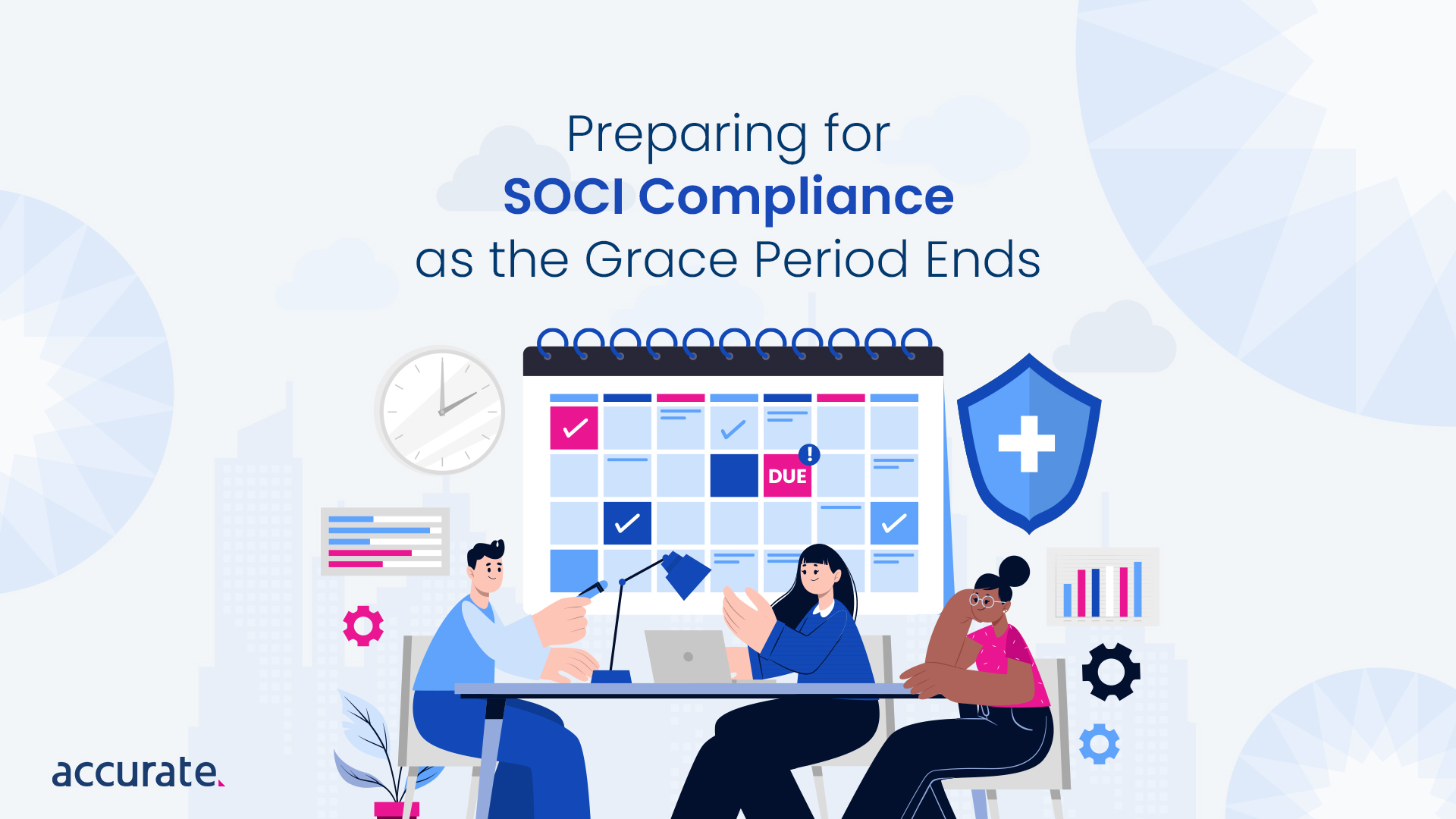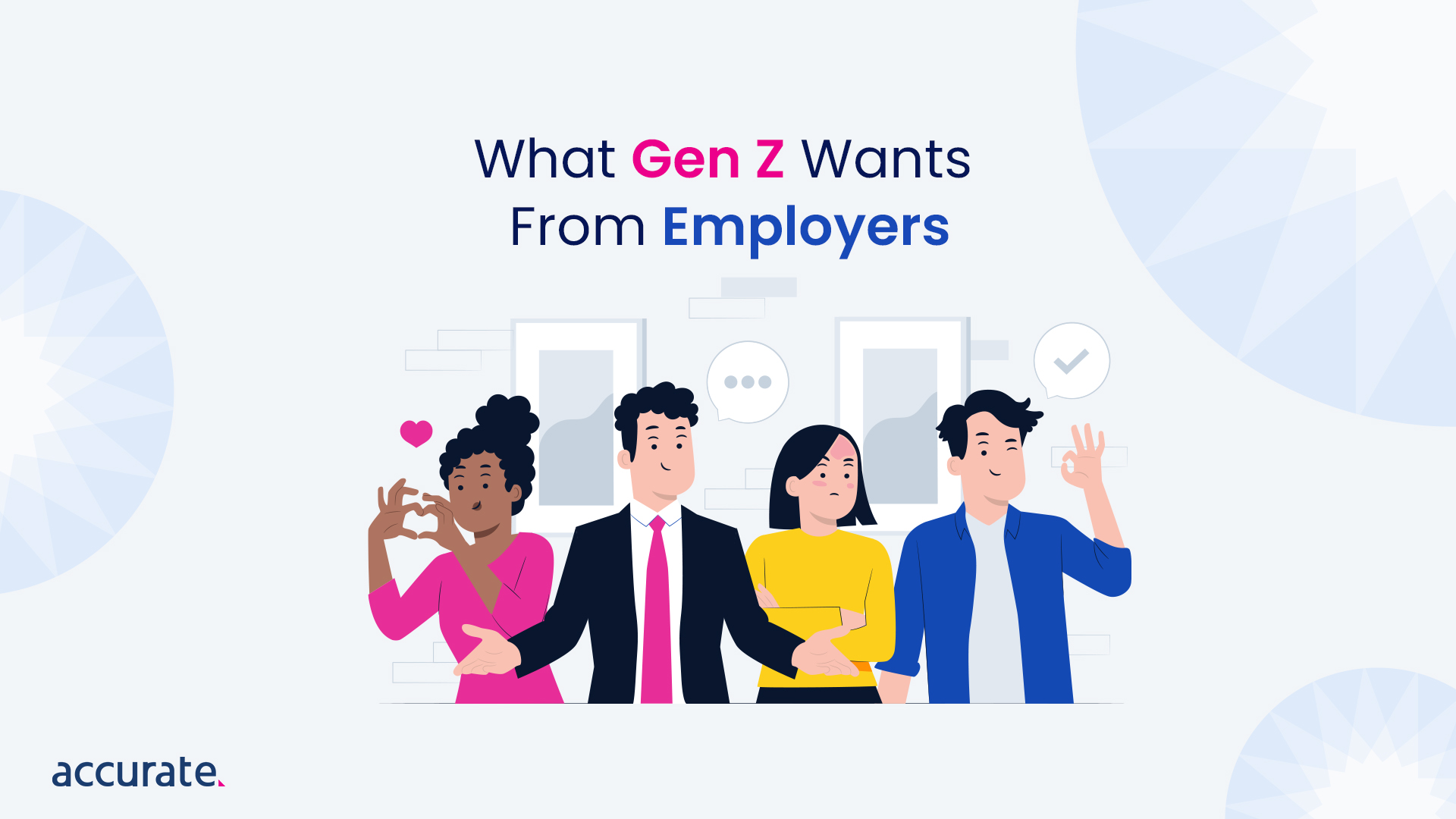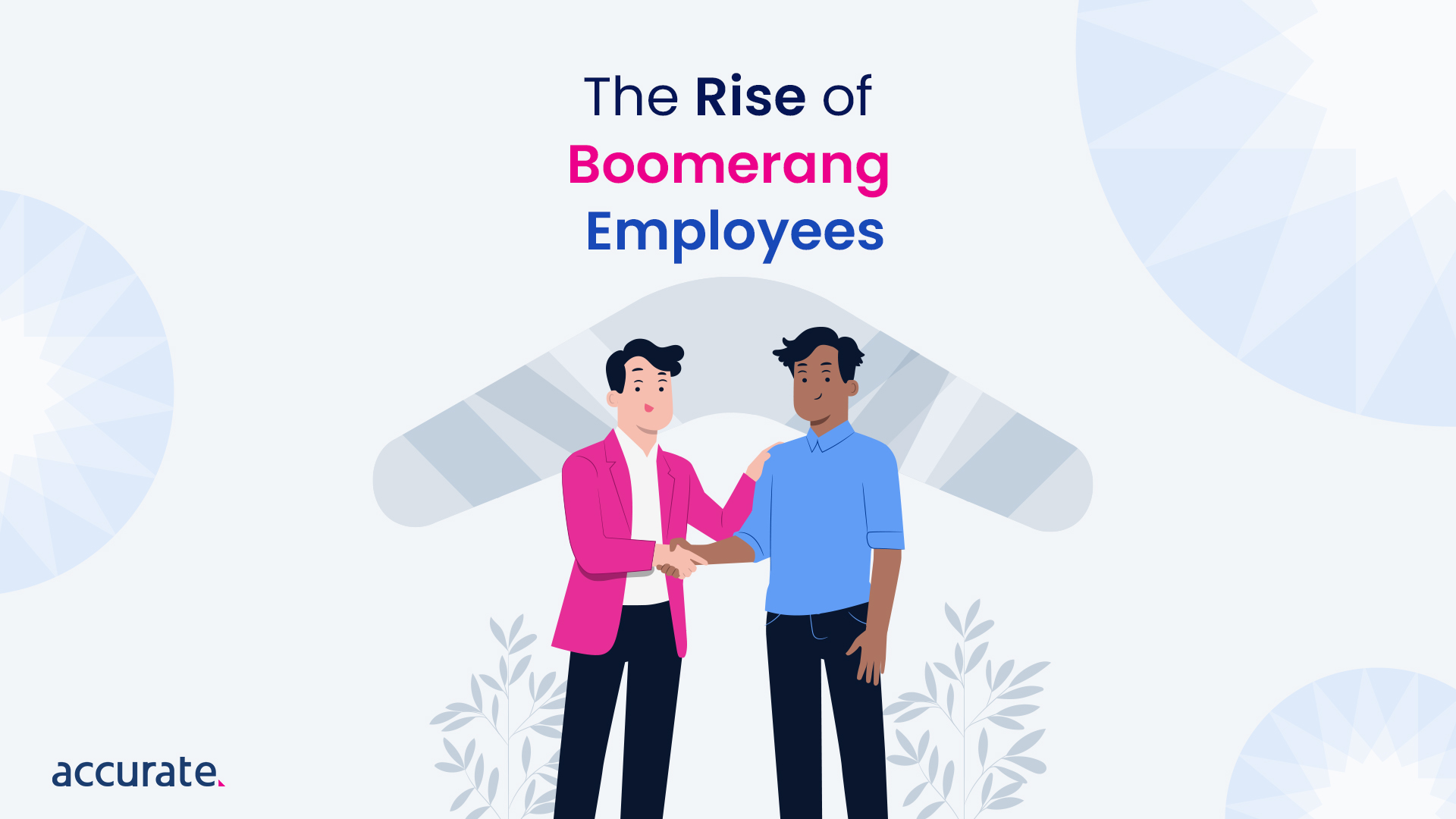As Australia continues to strengthen its critical infrastructure against evolving security threats, the Security of Critical Infrastructure (SOCI) Act has emerged as a game-changer.
The SOCI Act is designed to safeguard the nation’s essential services and assets from disruptions and vulnerabilities that could have serious consequences. With the grace period for compliance ending on August 18, 2024, Australian organisations need to act fast to ensure they meet the new regulatory requirements.
The SOCI Act is a significant step towards enhancing the resilience and security of Australia’s critical infrastructure sectors. It sets up a comprehensive regulatory framework to help organisations manage risks like cyber attacks, physical threats, and other potential disruptions.
As the deadline looms closer, compliance should be a top priority for businesses that want to avoid penalties and maintain the trust of their stakeholders.
In this article, we’ll take a deep dive into the key aspects of the SOCI Act and explore its objectives, the sectors it impacts, and why compliance is so urgent.
We’ll also provide practical guidance on the steps organisations can take to align their practices with the Act’s requirements, with a particular focus on personnel security and the role of employment screening.
Understanding the SOCI Act
The SOCI Act is all about protecting Australia’s critical infrastructure sectors from disruptions and security threats. Its main objective is to ensure that essential services and assets keep running smoothly, even in the face of adversity.
The Act covers a wide range of sectors, including communications, energy, healthcare, transport, and more. Basically, if it’s critical to keeping Australia up and running, the SOCI Act has got it covered.
One key aspect of the SOCI Act is the grace period it allowed for compliance. This refers to the time allowed for organisations to comply with certain obligations under the Act before they become mandatory.
For example, there was a six-month grace period until August 17, 2023, for responsible entities of critical infrastructure assets to adopt, maintain, and comply with a Critical Infrastructure Risk Management Program (CIRMP) after the CIRMP Rules commenced on February 17, 2023.
There is also a 12-month grace period until August 17, 2024, for responsible entities to establish and maintain a process or system to comply with a cyber security framework or an equivalent framework identified in its written CIRMP, after the end of the six-month CIRMP grace period.
So, Why Is Compliance Such a Big Deal?
Well, for starters, it’s about maintaining national security and operational stability. A disruption to critical infrastructure could have far-reaching consequences, affecting everything from public safety to the economy. In complying with the SOCI Act, organisations demonstrate their commitment to protecting Australia’s vital assets.
But compliance isn’t just about ticking boxes. It’s about taking a proactive approach to risk management and resilience. The SOCI Act encourages organisations to identify and address potential vulnerabilities before they can be exploited. This means investing in robust security measures, developing contingency plans, and fostering a culture of vigilance and preparedness.
For HR practitioners, understanding the SOCI Act is absolutely essential. After all, people are at the heart of any organisation, and they play a critical role in maintaining the security and resilience of critical infrastructure.
As HR professionals become familiar with the Act’s requirements, they can ensure their organisation’s workforce is aligned with the highest security and compliance standards.
Key Requirements for SOCI Compliance
Complying with the SOCI Act isn’t a one-and-done deal. It involves ongoing efforts to meet specific requirements and maintain a strong security posture. Here are some of the key things organisations need to focus on:
Critical Infrastructure Risk Management Program (CIRMP)
Organisations must develop and maintain a CIRMP that covers all the bases when it comes to potential risks. This includes cyber threats, physical security, personnel issues, and supply chain vulnerabilities. The CIRMP should be tailored to the organisation’s unique needs and regularly reviewed and updated to stay ahead of emerging threats.
Cyber Incident Reporting
If a significant cybersecurity incident occurs, organisations must report it to the government promptly. This helps authorities stay informed and coordinate a response if needed. It’s important to have clear protocols in place for identifying and reporting incidents to ensure nothing falls through the cracks.
Positive Security Obligations (PSO)
The SOCI Act sets out ongoing requirements for critical infrastructure assets to maintain high-security standards and fulfil reporting obligations. This means organisations must be proactive in assessing and addressing risks, implementing appropriate security measures, and keeping records of their compliance efforts.
Organisations should work closely with their legal counsel and security experts to develop a comprehensive compliance strategy that aligns with the SOCI Act’s requirements.
Personnel Security and the Role of Employment Screening
People play a vital role in protecting critical infrastructure, which is why personnel security is a fundamental aspect of SOCI compliance. Organisations have a responsibility to ensure that employees with access to critical systems and assets are reliable, trustworthy, and capable of maintaining the highest standards of security.
Implementing thorough employment screening processes is one of the most effective ways to achieve this goal. Background checks are essential for any employee who will have access to critical infrastructure. This includes verifying their identity, examining their criminal history, and validating their qualifications and employment history.
However, organisations should also consider implementing ongoing screening measures to ensure that employees continue to meet security requirements throughout their employment.
Partnering with comprehensive employment screening services can help organisations streamline this process and ensure they’re hiring the most suitable candidates for the job. These services offer a range of options, from basic background checks to more extensive investigations, depending on the level of access and responsibility the employee will have.
Essentially, employment screening serves as the bedrock for building a robust security culture and fostering accountability within the organisation. By emphasising personnel security, organisations can inspire a shared sense of responsibility and vigilance among their employees.
This proactive stance aids in mitigating insider threats and ensuring a collective commitment to safeguarding critical infrastructure.
To maintain compliance with the SOCI Act, organisations must regularly review and update their employment screening protocols. Staying informed about any amendments to the Act’s requirements and adapting screening processes accordingly is imperative.
Collaborating with legal counsel and security experts is necessary to guarantee that screening practices are equitable, compliant, and effective.
Key Takeaways
As the grace periods for SOCI compliance draw to a close, it’s crucial for Australian organisations to take swift action to align their practices with the Act’s requirements.
Here are the key takeaways from this article:
- The SOCI Act is designed to protect Australia’s critical infrastructure sectors from disruptions and security threats, ensuring the resilience of essential services.
- Organisations must be aware of the various grace periods for compliance, such as the six-month grace period until August 17, 2023, for adopting and complying with a Critical Infrastructure Risk Management Program (CIRMP) and the 12-month grace period until August 17, 2024, for establishing a process to comply with a cyber security framework.
- Compliance with the SOCI Act is essential for maintaining national security, operational stability, and demonstrating a commitment to protecting Australia’s vital assets.
- The SOCI Act encourages a proactive approach to risk management and resilience, requiring organisations to identify and address potential vulnerabilities, invest in robust security measures, develop contingency plans, and foster a culture of vigilance.
- HR practitioners play a critical role in ensuring SOCI compliance by aligning their organisation’s workforce with the highest security and compliance standards.
- Organisations must meet specific requirements under the SOCI Act, such as developing a CIRMP, reporting significant cyber incidents, and adhering to Positive Security Obligations (PSO).
- Personnel security, including rigorous employment screening processes and fostering a culture of accountability, is a vital component of SOCI compliance.
- Collaboration with legal counsel and security experts is essential for navigating the SOCI compliance landscape effectively and ensuring fair, compliant, and effective practices.
Ensure your compliance and protect Australia’s critical infrastructure by partnering with Accurate Background. Our comprehensive employment screening solutions can help you meet the stringent requirements set by the SOCI Act while streamlining your onboarding process.
Get started with Accurate today.



